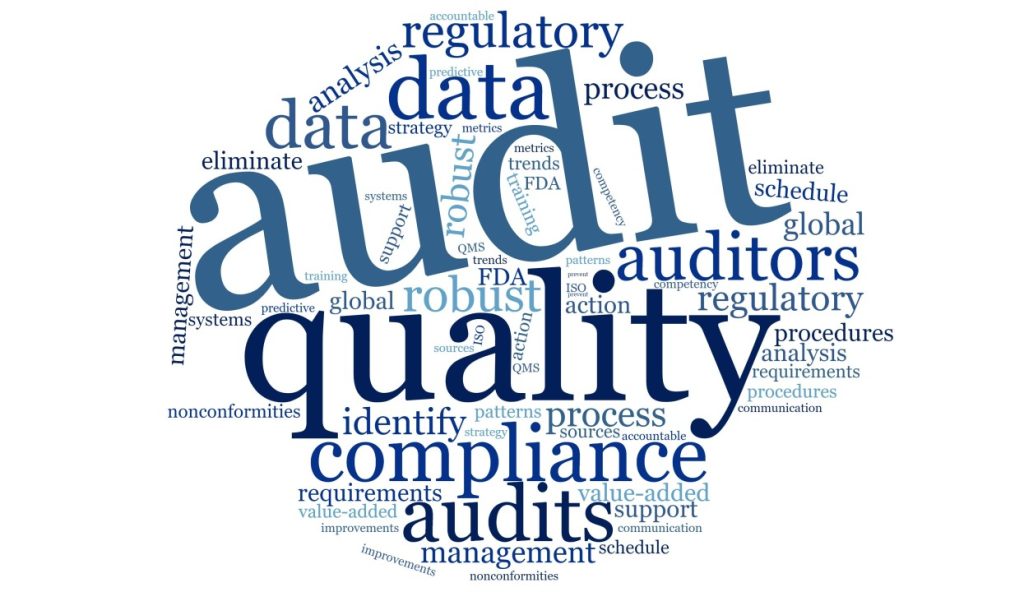
- The article by Riddika Grover explains the System Audit Report (SAR), emphasizing its role in securing financial data against threats like money laundering and geopolitical instability.
- It outlines the critical aspects of SAR compliance audits, including transaction monitoring, employee training, recordkeeping, and collaboration with regulatory authorities.
- The author discusses the importance of SAR in managing geopolitical risks, enhancing financial sector integrity, and improving IT governance in payment services.
Riddika Grover’s article delves into the significance of the System Audit Report (SAR) in financial data security. The article underscores SAR as a crucial strategy for combating various threats, including money laundering and geopolitical uncertainties, and highlights its importance in ensuring safe payment gateways. The main objective of this guide is to shed light on the intricate relationship between organizations and SAR compliance, particularly in managing geopolitical risks, fortifying the financial sector, and enhancing IT governance.
The SAR compliance audit meticulously examines a financial institution’s systems, practices, and processes to ensure they adhere to all legal requirements for identifying, investigating, and disclosing suspicious activities. This audit aims to evaluate the effectiveness of an organization’s SAR program in detecting and preventing financial crimes like money laundering and terrorism financing.
Grover highlights the strategic necessity of SAR in the face of global geopolitical unpredictability, emphasizing its role in safeguarding sensitive financial data from unauthorized access and potential breaches. The article also discusses the Reserve Bank of India’s (RBI) recommendations regarding data localization requirements for payment companies.
Financial institutions must quickly identify, investigate, and report suspicious transactions. Implementing robust monitoring systems and training personnel to recognize potential red flags are integral to SAR compliance.
The article articulates the vital role of SAR in protecting organizations from geopolitical risks, combating money laundering threats, adhering to secure payment gateway regulations, and supporting IT governance in the financial services industry. It positions SAR as essential for organizations navigating the complexities of the modern financial landscape.


Leave a Reply
You must be logged in to post a comment.